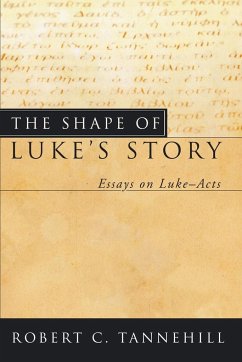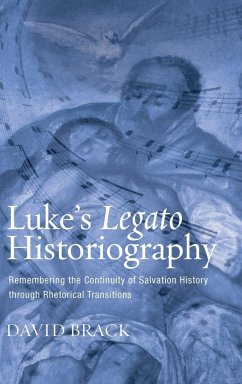
Luke's Legato Historiography
Versandkostenfrei!
Versandfertig in 1-2 Wochen
31,99 €
inkl. MwSt.

PAYBACK Punkte
16 °P sammeln!
As the first century came to a close, the church struggled with its identity due to its memories of a disconnected past. As the church reflected on recent history, it remembered the origins of Christianity as full of gaps and discontinuities, leaving it to question the validity of this new Jesus movement. How did Jesus' ministry relate to ancient Judaism? What was the relationship between John the Baptist and Jesus? What kind of transition occurred between Jesus and his followers? How did the Holy Spirit relate to Jesus? How could the controversial figure Paul have such an integral role in nas...
As the first century came to a close, the church struggled with its identity due to its memories of a disconnected past. As the church reflected on recent history, it remembered the origins of Christianity as full of gaps and discontinuities, leaving it to question the validity of this new Jesus movement. How did Jesus' ministry relate to ancient Judaism? What was the relationship between John the Baptist and Jesus? What kind of transition occurred between Jesus and his followers? How did the Holy Spirit relate to Jesus? How could the controversial figure Paul have such an integral role in nascent Christianity? How could a heavily Gentile church preach about the Messiah of Israel? Using a musical metaphor, this book demonstrates how Luke replies to these staccato narratives of the first-century church with his own legato version of history. Luke accomplishes this bridging of past events primarily through the ancient practice of rhetorical transitions, and in the process reassures his audiences of the continuity of salvation history throughout the various stages of early Christianity. ""Brack's engaging work draws on both ancient rhetoric and contemporary social memory studies to show that Luke's portrayal of Jesus and the church was designed to produce a connected narrative that would shape the identity and purpose of the early church. Brack's attention to detail and method is coupled with salvation history in a thought-provoking manner that contributes to scholarship on Luke-Acts and memory and identity in the New Testament."" --Ruth Anne Reese, Professor of New Testament, Asbury Theological Seminary ""In a well-organized case, Brack models interdisciplinary competence by drawing insightfully on ancient practices to explain Luke's use of narrative/rhetorical transitions, and on social memory theory to offer an explanation as to why this matters. This is a brilliant work deserving careful attention by scholars working in Luke-Acts."" --Craig S. Keener, F. M. and Ada Thompson Professor of Biblical Studies, Asbury Theological Seminary David Brack is an adjunct professor at Asbury Theological Seminary. He lives in Cincinnati, Ohio with his wife and four children.





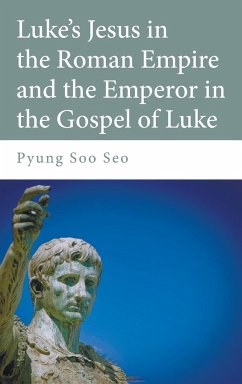
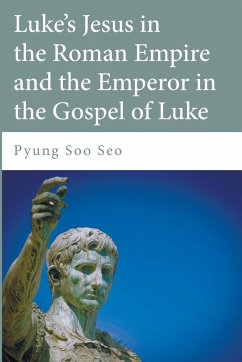
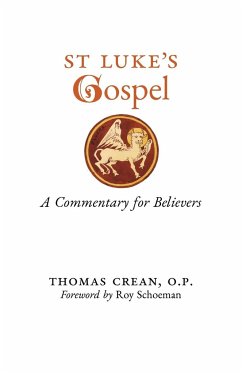
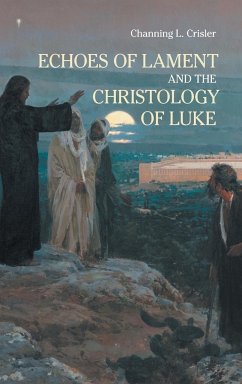
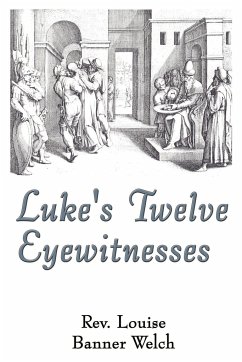
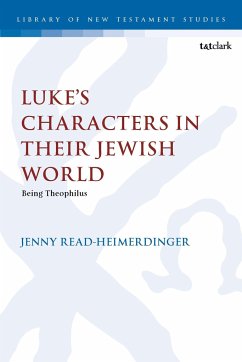
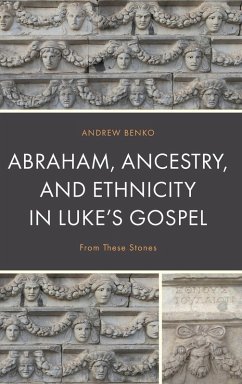
![A Study of Luke's Gospel by the Questionnaire Method [microform] a Handbook for Bible Classes and for Private Study Cover A Study of Luke's Gospel by the Questionnaire Method [microform] a Handbook for Bible Classes and for Private Study](https://bilder.buecher.de/produkte/65/65631/65631812n.jpg)
